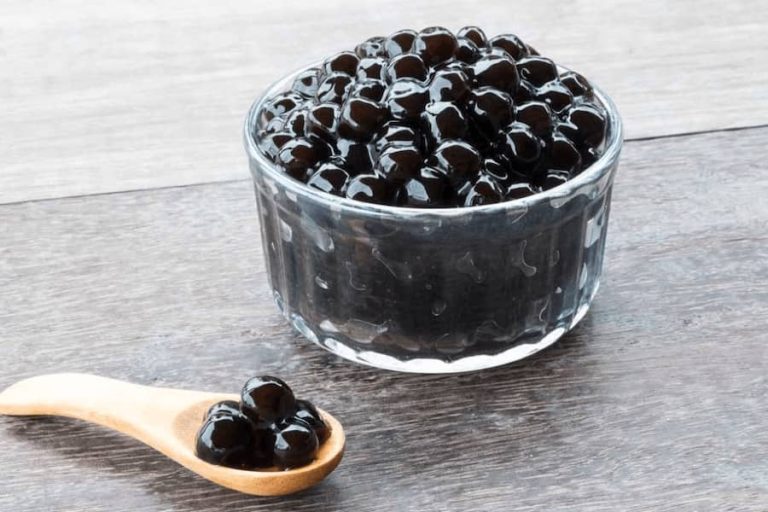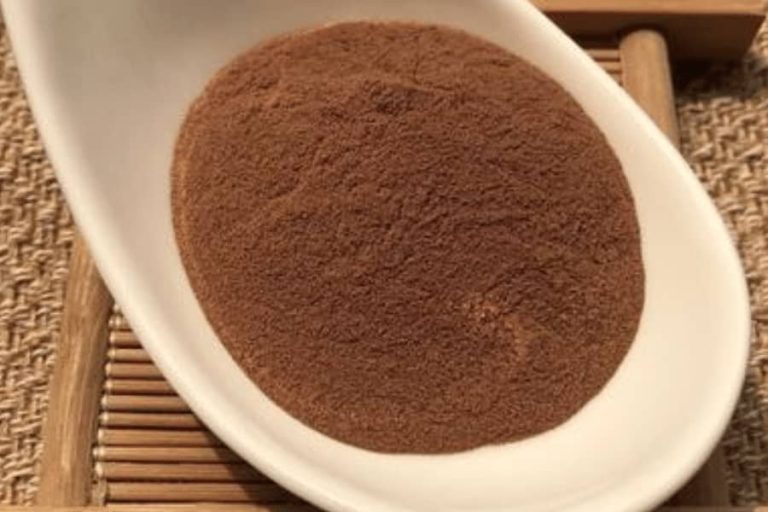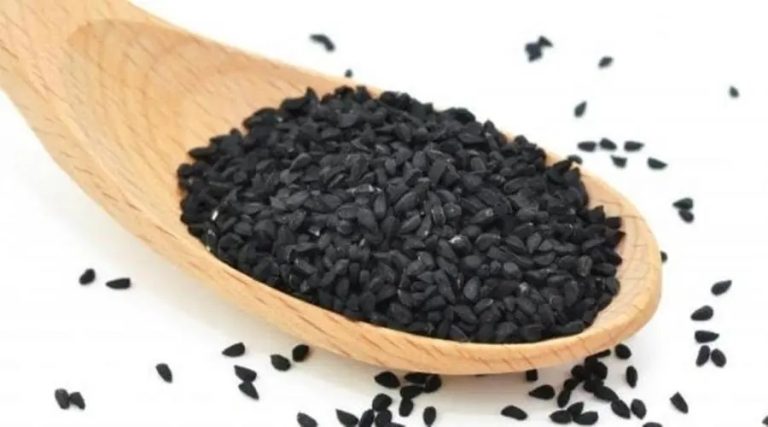Does Green Tea Stain Your Teeth? Exploring the Facts

Teeth staining is a common concern among individuals seeking to maintain a bright smile. One popular beverage that raises questions about its impact on teeth is green tea. This article will explore the potential effects of green tea on teeth staining, examining scientific findings, discussing its composition, and offering practical advice for maintaining oral health.
Understanding Teeth Staining:
Teeth stains can be categorized as extrinsic or intrinsic. Extrinsic stains occur on the surface of the enamel and are often caused by external factors like food, beverages, and tobacco. Intrinsic stains, on the other hand, develop within the tooth’s structure and may be influenced by factors such as genetics or certain medications.
Examining the Components of Green Tea:
Green tea contains various components that contribute to its potential staining effects. It is rich in polyphenols, particularly catechins, which have antioxidant properties and promote oral health. However, green tea also contains tannins, natural compounds that can bind to proteins and potentially cause stains. Additionally, fluoride in green tea can aid in strengthening tooth enamel.

Does Green Tea Cause Teeth Staining?
Scientific studies on the staining potential of green tea have yielded mixed results. Some research suggests that while green tea does contain stain-causing tannins, its overall staining effect may be less pronounced compared to beverages like coffee or black tea. Additionally, the degree of staining may depend on individual factors such as brewing methods, concentration, frequency of consumption, and personal dental care practices.
Mitigating the Effects of Green Tea:
To minimize the potential staining effects of green tea, practicing good oral hygiene is crucial. Regular brushing, flossing, and rinsing with water after consuming green tea can help remove surface stains. Chewing sugarless gum stimulates saliva production, which aids in neutralizing acids and reducing staining potential. Moderation in green tea consumption is also recommended.
Professional Teeth Whitening Options:
For individuals concerned about teeth staining, professional dental care can offer effective solutions. Regular dental check-ups and cleanings help remove stubborn stains and maintain oral health. At-home whitening products, such as whitening toothpaste or strips, may help reduce surface stains. In-office professional whitening treatments can provide more dramatic results for those seeking a brighter smile.
Conclusion:
While green tea contains certain components that could potentially contribute to teeth staining, the overall impact is relatively mild compared to other beverages like coffee or black tea. By practicing good oral hygiene, including regular brushing, flossing, and dental check-ups, individuals can enjoy the many potential health benefits of green tea while minimizing staining effects. As with any oral health concern, it is advisable to consult with a dental professional for personalized advice and recommendations.
















